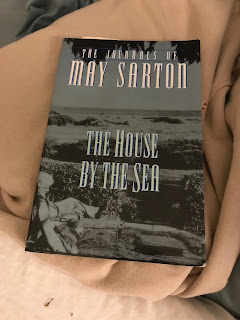"On your record deck, you played the sound of the middle passage, the blackest sound. You wanted the suffering you didn’t have, the authority you thought it would bring...Then came the terror when the real darkness first seeped through the walls of your bedroom, the walls designed to keep you safe and dreaming. And finally your rising sense of shame when you admitted to yourself that you were relieved the walls were there. The shame of knowing that you would do nothing, that you would allow it all to carry on."
White Tears by Hari Kunzru is a strange, challenging, compelling book. I almost returned it to the library after the first 50 pages because it seemed to be yet another book about socially-dysfunctional, weirdly-obsessive white guys. The writing and the development of the plot kept me going. That's the author's gift, I guess: to compel me to read a book I think doesn't interest me that actually ends up interesting me. In the end, the white guys are just the vehicle, the cheval, for a story about lost blues musicians, the danger of obsession, futile white guilt, mass incarceration, cultural appropriation, and the powerlessness of being outside of the ruling oligarchy that is America.
Reading it made me feel a little crazy: obsessive and guilty and miserable about both our past and our present. I wonder if people who didn't grow up in the south surrounded by blatant racism and hyper-aware of their own ancestors' roles feel the same kind of pervasive guilt about the past that I feel when confronted with these truths. It feels horrifying and crippling, and I don't know what to do about it. Where does the guilt of the ancestors end and my own guilt begin? For I also am relieved that the walls are there for me, and I too am riding the easy waves instead of fighting the current.
This book was well-written with many deep, affecting themes woven into a short narrative, and the plot will keep you guessing until the end. Honestly, I'm still not 100% sure what actually happened and what didn't. It's definitely not a feel-good book, so if you're looking for that, look elsewhere, but in my opinion, it's worth reading, studying, absorbing. This post feels unfinished because I feel like this book is not finished with me yet.




